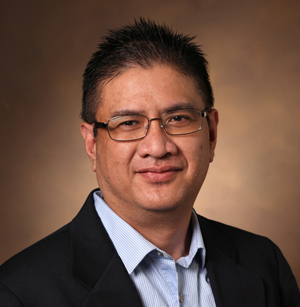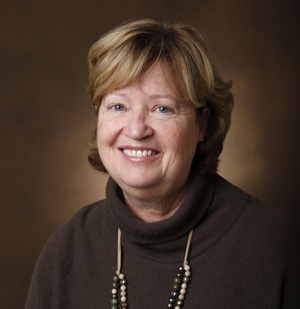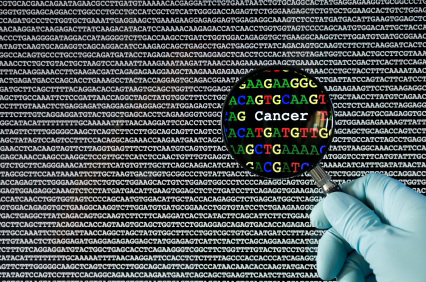Vanderbilt Genetics Institute investigators co-led the largest transcriptome-wide association study (TWAS) to date. TWAS is a computational genetics methodology that integrates genetic variation, gene expression and diseases or other traits.

The new study, published in the journal Cell Genomics, develops a framework for the analysis of multiancestry, large-scale genomic studies across multiple biobanks.
“A major challenge in the field of genomic medicine is that most genetic studies have been primarily conducted in individuals of European ancestry,” said Eric Gamazon, PhD, assistant professor of Medicine in the Division of Genetic Medicine at VUMC. “The lack of diversity in genomic studies hinders our ability to fully understand the role of genetic variation in disease, limits the generalizability of genetic findings across populations, and, crucially, may generate new health disparities.”
Gamazon, Nancy Cox, PhD, Mary Phillips Edmonds Gray Professor of Genetics and director of the Vanderbilt Genetics Institute and the Division of Genetic Medicine, and Bogdan Pasaniuc, PhD, from UCLA were co-senior authors of the new study.

The study builds on a methodology developed by the Vanderbilt Genetics Institute investigators to identify disease-associated genes within a multiancestry setting. It uses data from the Global Biobank Meta-analysis Initiative (GBMI), a network of 23 biobanks from four continents representing more than 2.2 million individuals with whole-genome genetic data linked to electronic health records.
“Through its diversity, GBMI provides a valuable opportunity to study population-wide and ancestry-specific genetic associations,” the researchers wrote.
GBMI includes African, American, Central and South Asian, East Asian, European and Middle Eastern ancestries.
The new framework “will have broad utility for interpreting genetic associations obtained from genome-wide association studies, improves our ability to identify disease-associated genes — including for rare diseases — and may enhance drug discovery efforts by leveraging genetic information linked to extensive phenomic data,” Gamazon said.
It also contributes to understanding methodological challenges related to ancestry imbalance in current genomic datasets and offers solutions to TWAS limitations, he added.
The work provides a foundation for “ancestry-aware discovery to accelerate genomic medicine,” the researchers noted.
Arjun Bhattacharya, PhD, a postdoctoral fellow at UCLA, and Jibril Hirbo, PhD, research instructor in Medicine at VUMC, are co-first authors of the Cell Genomics report. The research was supported by grants from the National Institutes of Health (HG009120, MH115676, CA251555, AI153827, HG006399, CA244670, HG011715, HG010718, HG011138, AG068026, GM140287, HG009086, HG010464, HG012222.















